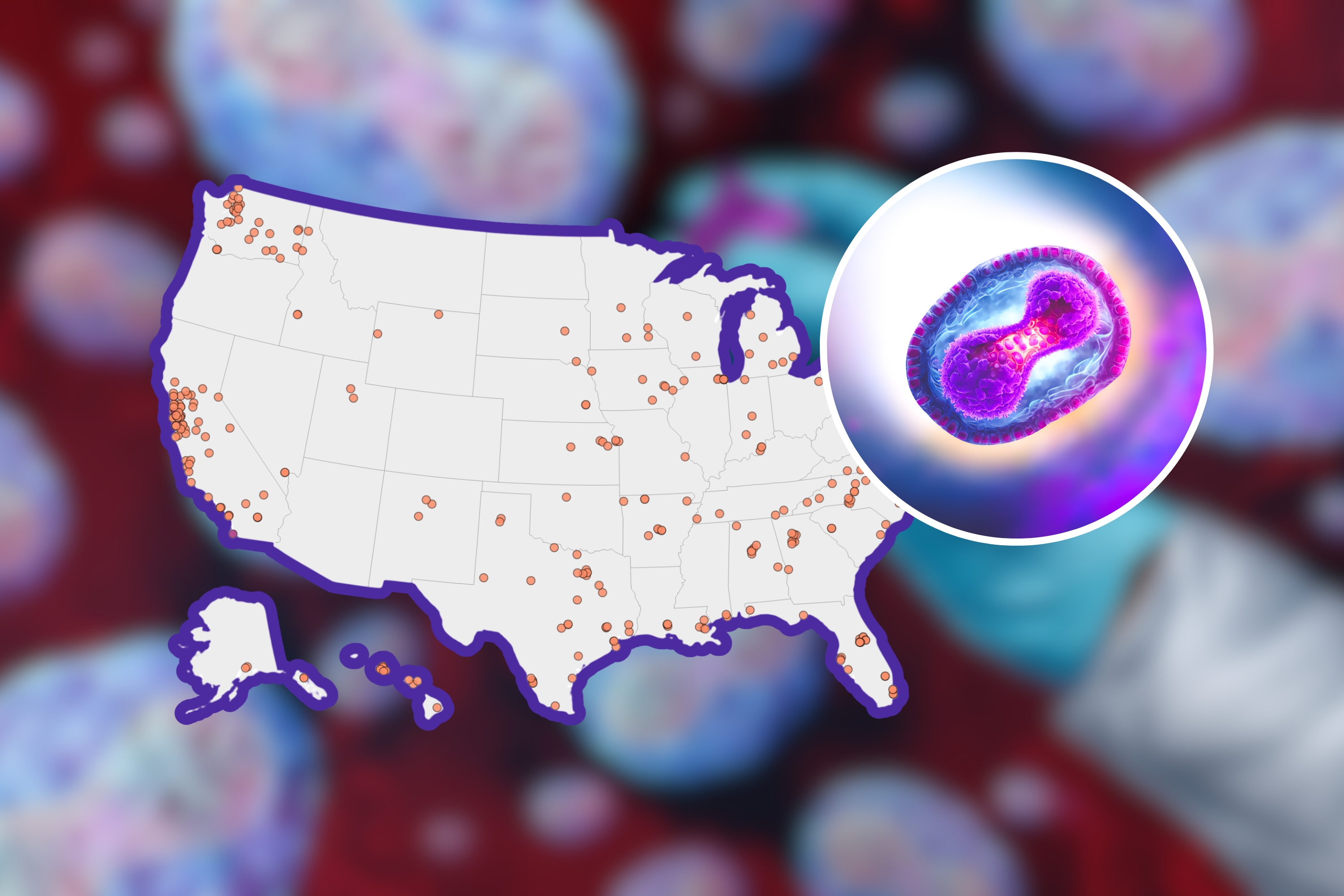The Centers for Disease Control and Prevention (CDC) has updated its recommendations regarding mpox, following the World Health Organization’s (WHO) declaration of a global health emergency this week.
This update includes vaccination guidance and a map detailing where the virus has been identified in U.S. wastewater, along with an overview of the current risk levels nationwide.
Mpox, formerly known as monkeypox, gained attention during the worldwide outbreak in 2022, which impacted the U.S., Europe, Australia, and various other regions. The virus comes in two variants—clade I and clade II—both of which spread through close contact.
The previous wave of infections in the U.S. and Europe was primarily linked to clade II, spreading mostly through sexual contact, notably among men who have sex with men. However, the current increase in cases is mainly driven by a new variant, clade 1b, which experts have labeled as particularly concerning.
Since the start of 2023, over 22,000 mpox cases have been reported in the Democratic Republic of Congo (DRC), resulting in more than 1,200 deaths, likely attributed to the clade 1b variant. This variant has also made its way to nearby countries like Burundi, Kenya, and Rwanda.
In response, the U.S. government announced a $17 million commitment to bolster mpox preparedness and response efforts in Central and Eastern Africa, along with a plan to donate 50,000 doses of mpox vaccines to the DRC. But how serious is mpox in the U.S.?

The CDC reports a “very low” risk to the general public in the U.S., with only one instance of clade I mpox recorded outside of Africa—in Sweden. Clade II mpox levels are also minimal, with just four sites across the country showing positive results in wastewater—two in California, one in Illinois, and another in New Jersey.
Monitoring wastewater is an effective way to detect infectious diseases within communities, even if individuals are asymptomatic.
The accompanying map reveals mpox virus detections in wastewater from July 17 to August 13. Despite two positive results from a site in New Jersey, overall detection remains low, with only two out of eight samples returning positive during this timeframe.
According to the CDC, individuals in the U.S. who have previously contracted mpox or are fully vaccinated should be safeguarded against both clade I and clade II variants. To further protect yourself, consider these precautions:
- Avoid close contact with anyone exhibiting mpox symptoms, such as skin lesions, particularly in the genital area.
- Steer clear of wild animals in regions where mpox is common, especially when traveling.
- Avoid sharing space with or using bedding and clothing of individuals who are ill.
